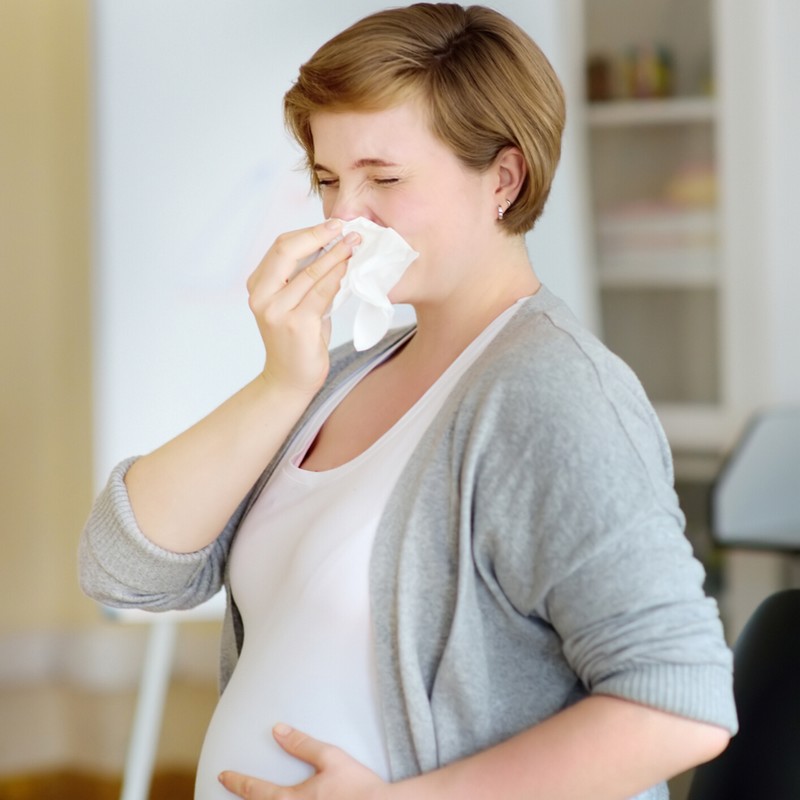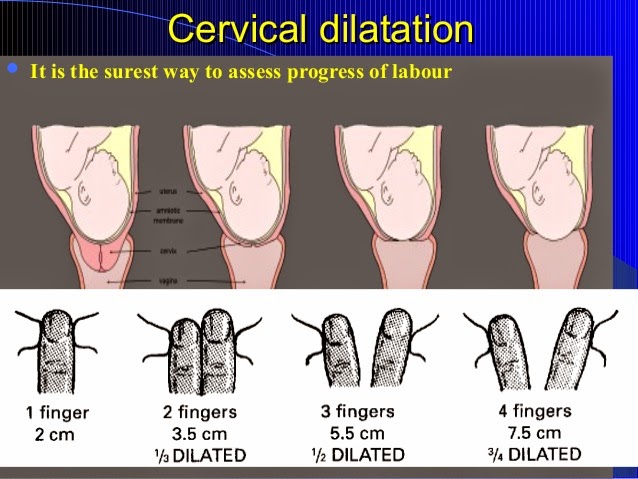Traveling 3rd trimester
Traveling While Pregnant or Breastfeeding
Special considerations for traveling while pregnant
Traveling during pregnancy is normal and a lot of women do it. But it's important to think about potential problems that could come up during international travel. Also think about how you would get quality health care in the countries you are visiting. Get all of the vaccines you need before becoming pregnant instead of waiting to get them during pregnancy.
The American College of Obstetricians and Gynecologists says the safest time for a woman to travel is in the second trimester of her pregnancy, from 14 to 28 weeks. This is the time when you will feel your best. You are also at the lowest risk for spontaneous abortion or premature labor. During the third trimester (25 to 40 weeks), many healthcare providers and midwives advise staying within a 300-mile radius of home because of potential problems such as high blood pressure, phlebitis, and false or preterm labor. Generally, women are not allowed to travel by air after 36 weeks for domestic travel, and after 28 to 35 weeks for international travel. The decision on whether to travel and how far to travel at any time during pregnancy should be a joint decision between you and your healthcare provider or midwife.
According to the CDC, pregnant women with the following conditions may be advised against traveling to countries that require pre-travel vaccines. This list may be incomplete. So discuss your health history with your provider or midwife before planning travel:
History of miscarriage
Incompetent cervix
History of ectopic pregnancy
History of premature labor or premature rupture of membranes
History of or current placental abnormalities
Threatened miscarriage or vaginal bleeding during current pregnancy
Multiple fetuses in current pregnancy
History of toxemia, high blood pressure, or diabetes with any pregnancy
History of infertility or trouble getting pregnant
Pregnancy for the first time over the age of 35 years
Heart valve disease or congestive heart failure
History of blood clots
Severe anemia
Chronic organ system problems that need to be treated
You may also be advised against traveling to places that may have hazards. The list below may be incomplete. Talk about your travel plans with your healthcare provider or midwife before planning a trip.
The list below may be incomplete. Talk about your travel plans with your healthcare provider or midwife before planning a trip.
Places with high altitudes
Places that have outbreaks of life-threatening food- or insect-borne infections
Places where malaria is common
Places where live-virus vaccines are needed or recommended
Healthy tips for traveling while pregnant
Here are tips for traveling while pregnant:
Try to plan ahead for any problems or emergencies that could come up before you travel. Check that your health insurance is valid while you are abroad. Also check to see whether the plan will cover a newborn, should you deliver while away. You may want to think about getting a supplemental travel and medical evacuation insurance.
Research medical facilities in your destination. Women in the last trimester of pregnancy should look for places that can manage complications of pregnancy, toxemia, and cesarean sections.

If you will need prenatal care while you are abroad, arrange for this before you leave. Talk with your healthcare provider or midwife to figure out the best way to handle this.
Know your blood type and check that blood is screened for HIV and hepatitis B in the areas you will be visiting.
Check that safe food and beverages such as bottled water and pasteurized milk are available at your destinations.
If flying, ask for an aisle seat at the bulkhead. This gives you the most space and comfort. If morning sickness is a problem, try to arrange travel during a time of day when you generally feel well. Seats over the wing in the midplane region will give you the smoothest ride.
Try to walk every half-hour during a smooth flight. Flex and extend your ankles often to prevent blood clots in the veins (thrombophlebitis).
Fasten your seat belt at the pelvis level, below your hips.
Drink plenty of fluids to stay hydrated.
 Aircraft cabins have low humidity.
Aircraft cabins have low humidity.Try to rest as much as possible while away. Exercise and activity during pregnancy are important. But try not to overdo it.
Special considerations for traveling while breastfeeding
Breastfeeding gives babies the most nutritional start in life. It also gives them vital protection against certain infections. But traveling internationally while nursing can be challenging.
If you are breastfeeding only, you don't have to worry about sterilizing bottles or having clean water. You may get vaccines to protect against disease, depending on where you are traveling. But diseases such as yellow fever, measles, and meningococcal meningitis may be a threat to infants who can't be vaccinated at birth. Discuss this with both your healthcare provider or midwife and your infant's care giver before you travel.
If you are feeding your baby formula, it's best to use powdered formula made with boiled water. You may also want to carry a supply of prepared infant formula in cans or ready-to-feed bottles for emergencies.
Breastfeeding helps lower the chance of your baby getting traveler's diarrhea. If you get traveler's diarrhea, drink more fluids, and continue to nurse your baby.
Watch your eating and sleeping patterns, as well as your stress levels. This will affect your milk output. Drink more fluids. Stay away from alcohol and caffeine, as well as exposure to smoke.
Traveling During Pregnancy
In most cases, pregnant patients can travel up to 36 weeks as long as they do not have any complications and they understand the risks that are involved. It is important for obstetrical patients to realize that some complications can arise without warning and traveling may require receiving medical attention away from their familiar provider. The best time to travel is mid-pregnancy (14-28 weeks) because many pregnancy symptoms have subsided and you will be the most comfortable.
First Trimester Travel
Traveling more than two hours from home before your first ultrasound has established an intrauterine pregnancy is not advised. During this time you are at risk for miscarriage, ectopic pregnancy, and spotty bleeding. Also, your body is physically adjusting to the pregnancy and you can experience cramping, significant fatigue, nausea, and vomiting.
During this time you are at risk for miscarriage, ectopic pregnancy, and spotty bleeding. Also, your body is physically adjusting to the pregnancy and you can experience cramping, significant fatigue, nausea, and vomiting.
Second Trimester Travel
Once an intrauterine pregnancy has been established, traveling during this time is generally safe. If you have any of the following obstetrical risk factors please consult your provider before making any travel plans:
- Incompetent cervix.
- History of or current pre-term labor.
- History of premature rupture of membranes.
- History or current placental problems.
- Vaginal spotting/bleeding.
- Multiple gestations.
- History of or current toxemia, preeclampsia, blood pressure problems.
- History or current gestational diabetes.
- Advanced Maternal Age (older than 35) or younger than 15 years of age.
- If you have any complications that are not on this list, please consult your provider before traveling.

Third Trimester Travel
If you are without complications, traveling up to 36 weeks by car or air is acceptable as long as you are aware of the potential risks. Complications such as hypertension, preterm labor, and premature rupture of membranes often come without warning and can occur quickly requiring medical attention. If you are 36 weeks or further we do not recommend any travel farther than two hours from home by car. Air travel after 36 weeks is not recommended. Once you have made the decision to travel you should take the following precautions:
- Make an appointment with your provider a few days before departure.
- Take a copy of your prenatal face sheet with you on your travels.
- Take a copy of your health insurance card with you.
- Locate a medical facility close to your destination in case an emergency would arise.
- Do not stay stationary in the car or air, it is important to walk around every two hours.

Tags
Dr. Carrie Soder Dr. Erika Boothman Dr. Amy W. Rahl Dr. Ann Marie Wurst Dr. Alexandra Schueler Dr. Joanna Buell Dr. Kevin Hackett Dr. Lauren Sagaria Columbus Location Dublin Location Westerville LocationHolidays and travel during pregnancy
Before planning a trip, be sure to consult a gynecologist whom you trust to manage your pregnancy. He will prescribe tests and ultrasound to exclude placental pathologies, anemia, gestosis and many other problems in which long-distance travel is not recommended. Bleeding and miscarriages in history are also on the list of contraindications. In addition, safety and comfort also depend on the gestational age.
IMPORTANT: CORONAVIRUS AND PREGNANCY
At the moment, there is no confirmed information that pregnant women are more or less susceptible to infection with COVID-19 coronavirus infection than others. However, the US Centers for Disease Control and Prevention* reminds that due to changes in the immune system and emotional state, pregnant women are generally more prone to viral respiratory diseases, so be sure to take all measures to protect yourself. First of all, avoid traveling to high-risk countries. So, for example, by decree of the Mayor of Moscow "On high alert mode", citizens arriving from Italy, Iran, Spain, France, Germany, South Korea and China must ensure home quarantine (self-isolation at home) for a period of 14 days and provide their contact information to hotline of the city of Moscow. In fact, the list of countries with coronavirus is longer. Recently, the Netherlands, Norway, Sweden, Great Britain, Switzerland got into it - before making a decision on a trip, look for information about in which countries the coronavirus was found in reliable sources on the Internet, for example, on the WHO website or the official website of the Mayor of Moscow. nine0003
First of all, avoid traveling to high-risk countries. So, for example, by decree of the Mayor of Moscow "On high alert mode", citizens arriving from Italy, Iran, Spain, France, Germany, South Korea and China must ensure home quarantine (self-isolation at home) for a period of 14 days and provide their contact information to hotline of the city of Moscow. In fact, the list of countries with coronavirus is longer. Recently, the Netherlands, Norway, Sweden, Great Britain, Switzerland got into it - before making a decision on a trip, look for information about in which countries the coronavirus was found in reliable sources on the Internet, for example, on the WHO website or the official website of the Mayor of Moscow. nine0003
To prevent infection, pregnant women should take the same measures as everyone else: wash their hands more often and treat them with disinfectants, avoid crowded places, try not to touch your face, wear a mask or respirator in public places, minimize contacts, etc.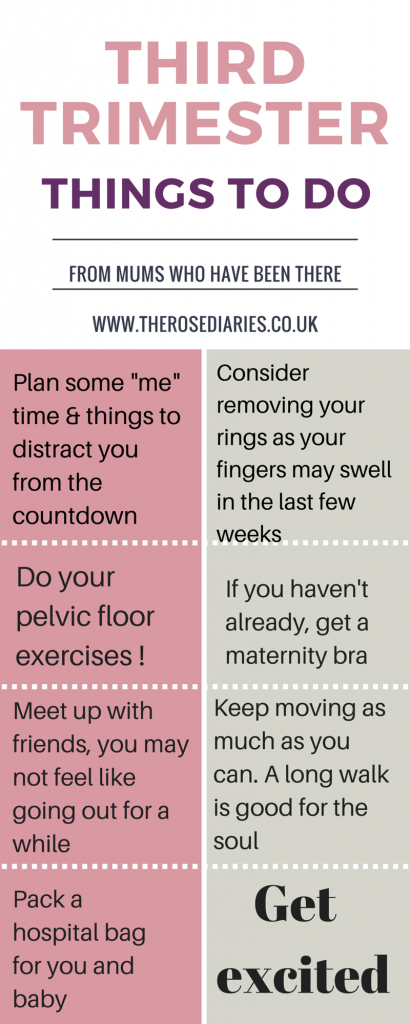 ** There is not enough data yet to say for sure whether COVID-19 is transmitted from a pregnant woman to her child. But it is reported that at the moment there are no cases of transmission of the virus from an infected mother to the fetus during pregnancy, during or immediately after childbirth. nine0003
** There is not enough data yet to say for sure whether COVID-19 is transmitted from a pregnant woman to her child. But it is reported that at the moment there are no cases of transmission of the virus from an infected mother to the fetus during pregnancy, during or immediately after childbirth. nine0003
What is the best trimester to travel?
Traveling in the first trimester will not be a pleasant memory for every pregnant woman. Many are tormented by toxicosis, an acute reaction to stuffiness and odors, and increased fatigue. Any discomfort can be annoying - if you encounter this during the planning stage of your trip, consider alternative options. Also at an early stage, when the main organs and systems of the fetus are formed, pregnancy is most vulnerable. But it is important to understand that many women travel without problems in the early stages of pregnancy (in fact, some do not know about their situation), go on business trips, go to new places and have a great time there. nine0003
nine0003
Weeks 14 to 27 are considered the safest and most comfortable time to travel if the mother-to-be is well. It is only important not to stay in the sun for a long time, not to abuse exotic food (especially those prepared from animal products without heat treatment), to avoid crowded resorts , on the territory of which intestinal and other infections are raging.
In the third trimester (from the 28th week) there are restrictions related to flights: Many airlines do not allow women on board if their pregnancy is 36 weeks or more, and even earlier in case of multiple pregnancies. Sometimes airlines even ask expectant mothers to provide certificates indicating the current gestational age. Starting from the 28th week, airline representatives have the right to ask you to present certificate that you are allowed to fly.
Another nuance is that childbirth on the territory of a foreign state can turn into difficulties when returning to your homeland.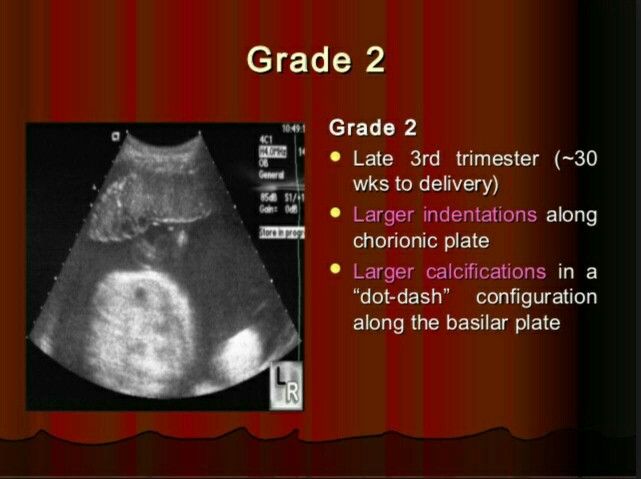 For example, a baby born in Greece automatically becomes a citizen of this country, and in order to travel with him, you will have to overcome many legal delays. nine0003
For example, a baby born in Greece automatically becomes a citizen of this country, and in order to travel with him, you will have to overcome many legal delays. nine0003
Choosing a place to rest
Good rest during pregnancy includes sleep, outdoor activities and good nutrition. So you can have a good and calm time in the nearest holiday homes, boarding houses, park hotels and eco-camps. Now many hotels offer special vacation programs for expectant mothers.
If you want not only to relax, but also to gain new impressions, you should choose the direction of travel according to its ecological and epidemiological situation, as well as the level of medicine. Don't forget to take out good travel insurance - take one that includes services for pregnant women (if you take out a policy online, make sure that it is designed for expectant mothers). nine0003
If you are purchasing a packaged tour, please note that the standard package does not usually cover maternity cases. Contact the tour operator to clarify the possibility of changing the terms of insurance.
Contact the tour operator to clarify the possibility of changing the terms of insurance.
Be sure to read the reviews on the Internet about medical care in the selected country - how quickly you can get help, how childbirth is in local maternity hospitals.
Which transport is preferable? nine0005
The main condition for traveling during pregnancy is the ability to get up and walk a little at any time. All types of transport (sometimes even tourist buses, but this is not for everybody) meet this criterion. But the train, and the plane, and the car have features that need to be taken into account.
-
Vehicle
The main convenience of this method of transportation is that you can stop at any time to warm up and quickly get to the nearest hospital or maternity hospital in case of unforeseen circumstances. nine0003
But there are also disadvantages - in the later stages it can be uncomfortable to sit in a chair even for half an hour in a row, besides, some pregnant women can get motion sickness in a car.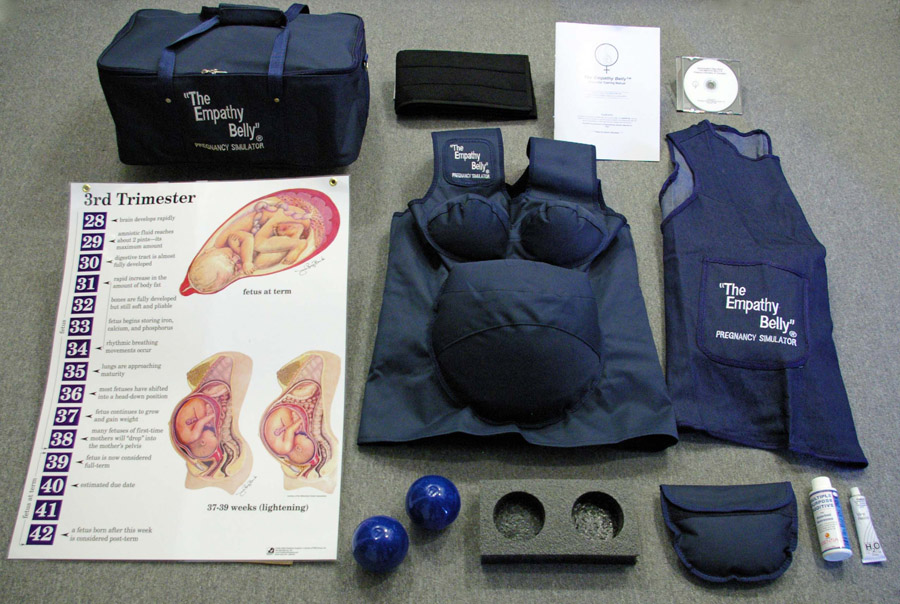 Special pillows for the back and neck, comfortable air conditioning, as well as a seat belt adapter for pregnant women will facilitate the journey. It removes the load from the abdomen, does not press, does not rub and fixes firmly, ensuring safety.
Special pillows for the back and neck, comfortable air conditioning, as well as a seat belt adapter for pregnant women will facilitate the journey. It removes the load from the abdomen, does not press, does not rub and fixes firmly, ensuring safety.
-
Train
The train makes it possible to change position at least every five minutes - to sit, lie down, walk around. It is better to sit on the bottom shelf and take care of your personal hygiene to the maximum - take antibacterial gel and wipes, toilet pads, slippers, and a toothbrush with you. The negative aspects of traveling by rail are obvious - it is much slower than an airplane, and changing the route or making an unplanned situation, like by car, simply will not work. nine0003
-
Aircraft
The main advantages of traveling by plane are speed and safety. The cons relate mainly to health hazards and airline regulations.
If the doctor has approved the flight, this is only the first step to a successful trip.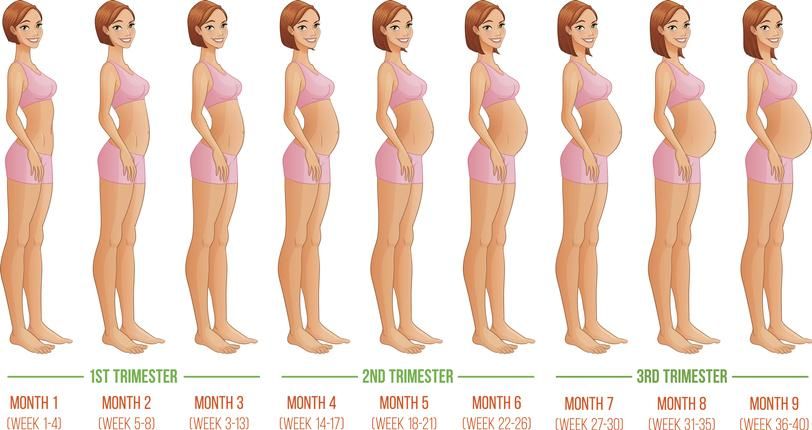 Although there is no scientific evidence that air travel increases the risk of preterm birth or has a negative effect on the fetus, airlines play it safe to avoid emergency landings and additional costs. As mentioned above, many airlines have strict rules for flying while pregnant. It is better to consult about the prohibitions on the carriage of pregnant women before buying a ticket from a tour operator or directly from the air carrier. nine0003
Although there is no scientific evidence that air travel increases the risk of preterm birth or has a negative effect on the fetus, airlines play it safe to avoid emergency landings and additional costs. As mentioned above, many airlines have strict rules for flying while pregnant. It is better to consult about the prohibitions on the carriage of pregnant women before buying a ticket from a tour operator or directly from the air carrier. nine0003
What should be considered before the holiday?
Make an appointment with your doctor one week before your holiday. Be sure to let us know where and how you want to go: doctors have life hacks in stock that you didn’t know about.
Specify which of the medicines can be taken during pregnancy if you become ill in transport, in the heat, in case of poisoning, cystitis, candidiasis or a cold; what first aid may be needed for standard ailments during pregnancy - swelling, pulling pains in the abdomen, headache, heartburn. nine0003
In addition to the basic documents, ask the doctor for your exchange card with the results of tests and examinations (if you are seen in a private clinic, you will most likely have a duplicate in your hands).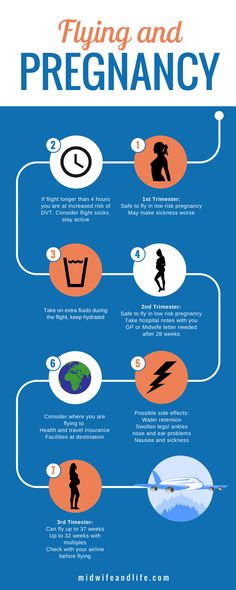 If you are flying abroad and understand that at some point you may need to consult local doctors, take translations of your most important medical documents with you.
If you are flying abroad and understand that at some point you may need to consult local doctors, take translations of your most important medical documents with you.
Take snacks and plenty of water on the transport, and do not go out into the sun without sunscreen - this rule applies not only to pregnant women, but also to their relatives! It is better to relax on the beach before 11 am and after 5 pm, when the heat begins to subside. Choose clothes made from natural fabrics and comfortable shoes. Minimize the risks and enjoy your vacation! nine0003
*US Centers for Disease Control and Prevention. Frequently Asked Questions: COVID-19 and pregnancy.
** Rospotrebnadzor in the mountains. Moscow. On recommendations to citizens on the prevention of a new coronavirus infection
When using any materials from the site nutriclub.ru, a link to the site is required.
© Nutriclub, 2020
Traveling during pregnancy: 3 simple rules
Traveling is becoming an integral part of modern life.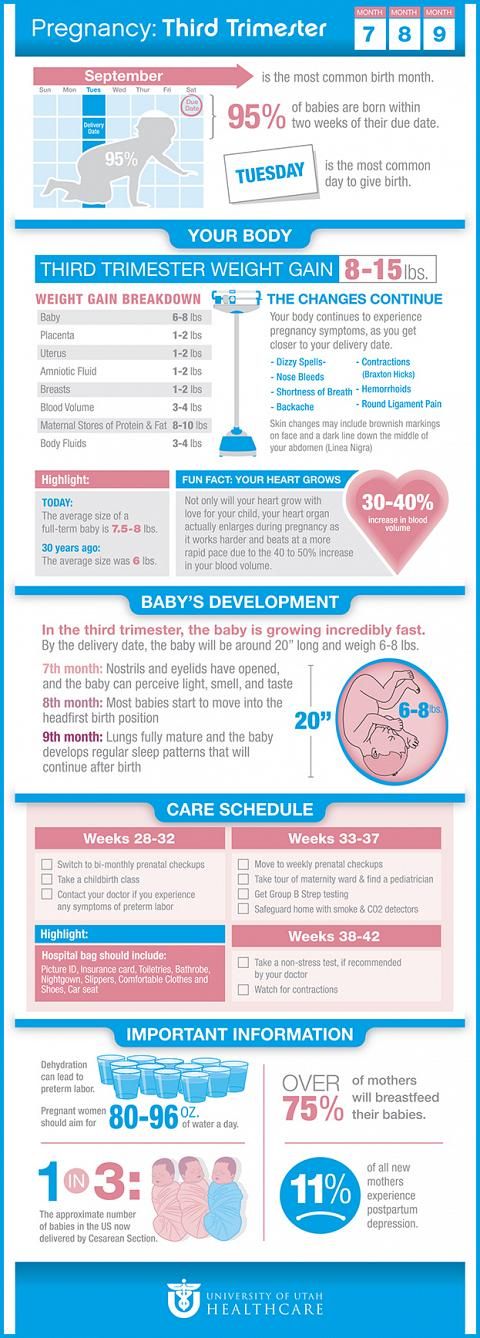 And pregnancy is not a reason to deny yourself the pleasure of traveling. The main thing, having received the approval of the doctor who leads the pregnancy, is to decide on the optimal time and method of travel. nine0003
And pregnancy is not a reason to deny yourself the pleasure of traveling. The main thing, having received the approval of the doctor who leads the pregnancy, is to decide on the optimal time and method of travel. nine0003
When to go?
In the first trimester of pregnancy, most women feel, to put it mildly, not in the best way (toxicosis, constant desire to sleep, high risk of spontaneous abortion, etc.). Long distance travel is out of the question.
Doctors do not recommend traveling at the end of the third trimester. Many pregnant women feel tired, have problems or contractions, and may need medical attention. And far from home, certain difficulties can arise. nine0003
The best time to travel is the second trimester. Most pregnant women feel good during this period. The risk of complications is minimal.
What to ride?
Cars, airplanes, trains - we can say that all these modes of transport are quite safe.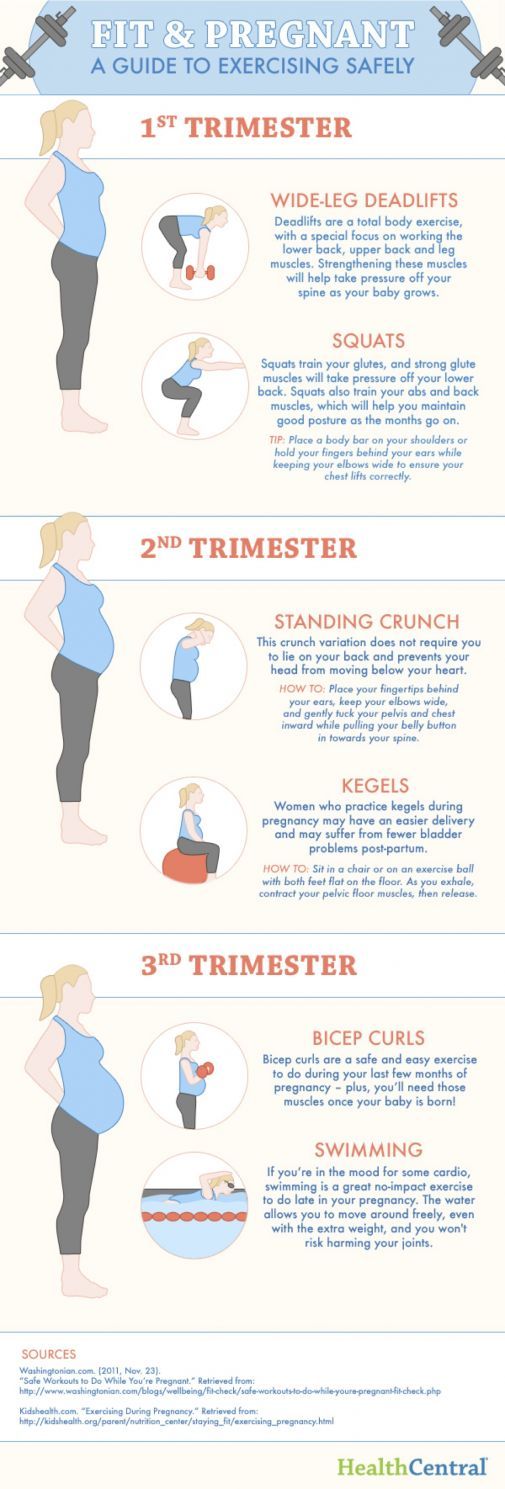 Therefore, the choice depends on personal preferences and circumstances.
Therefore, the choice depends on personal preferences and circumstances.
Perhaps the best mode of transport should be considered a private car. You can conveniently arrange the necessary things, choose the time of departure, the time and number of stops. But we should not forget about two important points. nine0003
- First, you should always buckle up. Most studies have proven that mom and baby are safest when a woman is wearing a seatbelt. The lower part of the belt must be passed under the stomach, the seat should be moved back as far as possible.
- Second, take frequent breaks. It may be that frequent stops will cause irritation, but remember that a ten-minute walk every 2-3 hours will help restore blood circulation in the legs. nine0125
- Do not sit in one position for too long. This can lead to leakage and discomfort, and increases the risk of blood clots. Don't cross your legs. Vary your sitting position in any way.
- Get up and walk every 2-3 hours.
- Do simple leg exercises while sitting (even if only moving the feet up and down). nine0125
- Vacation at sea and menstruation: what to do?
- How to lose weight on All Inclusive?
- How to minimize the effects of jet lag?
- What can affect your monthly cycle while on vacation?
- How to properly spend time on vacation so that there are no health problems?
- Getting ready for vacation: TOP 10 beauty treatments
- How much fat can you lose a week before vacation? nine0041 4 main rules for a seaside holiday so that there are no health problems
Traveling by plane has its own advantage - it is the ability to quickly travel long distances. Just like when traveling in a car, you should also stretch your legs frequently on an airplane. You can get up and walk a little along the aisle.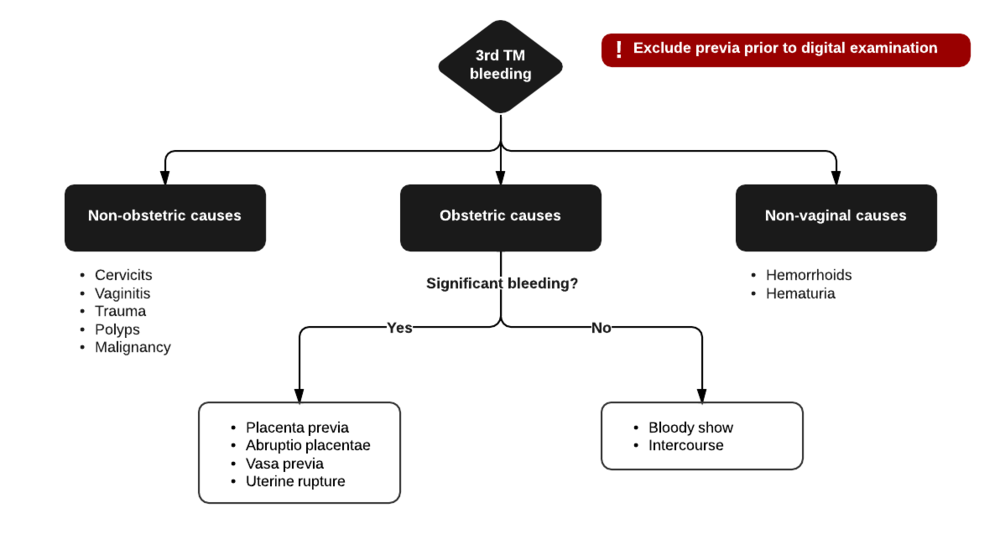
When it comes to traveling by train, this also has its advantages. Space to move around the car. The opportunity to slightly open the window, breathe fresh air, take a walk along the platform during stops. And, in case of need for emergency assistance, it can be provided at the nearest station. nine0003
Regardless of the mode of transport, a few simple rules must be followed:
Short trips are usually not a problem during pregnancy, provided that early contractions are not yet expected. A one or two hour trip is nothing to worry about. Longer trips, of course, move the pregnant woman away from the doctor and the maternity hospital, but they are possible if there are no complications and if there is a margin of time before delivery.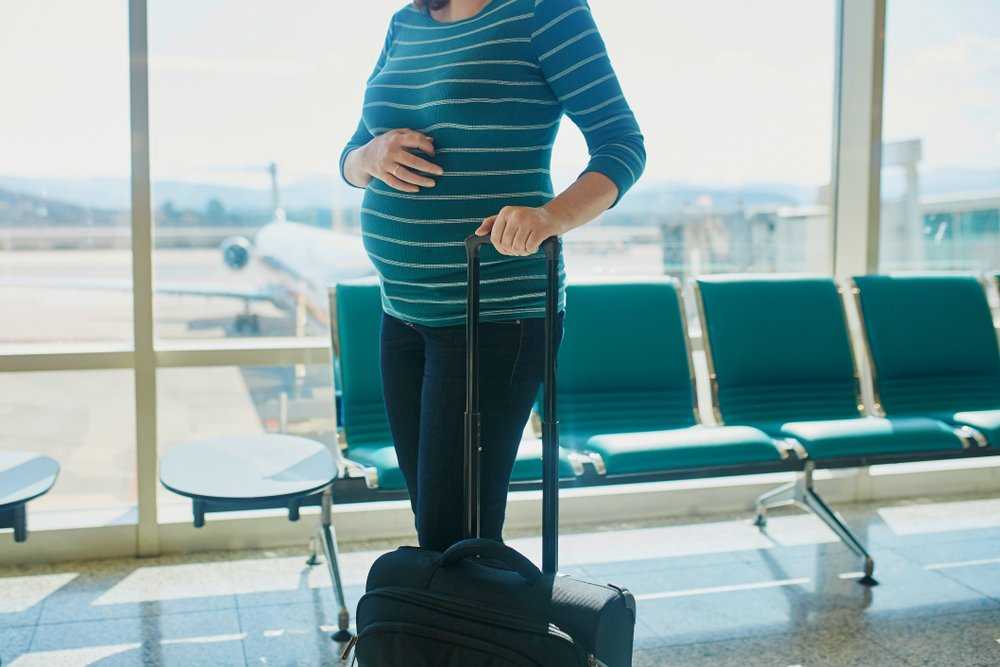 But in any case, be sure to consult a doctor!
But in any case, be sure to consult a doctor!
➔ We also have selected other interesting travel health resources for you:
✈ Enjoy your travels! And in order to find yourself an excellent tour with discounts, we recommend that you contact this tour aggregator from all the leading tour operators in Russia. Everything is done online - booking, instant confirmation and secure payment. It is reliable and convenient.






